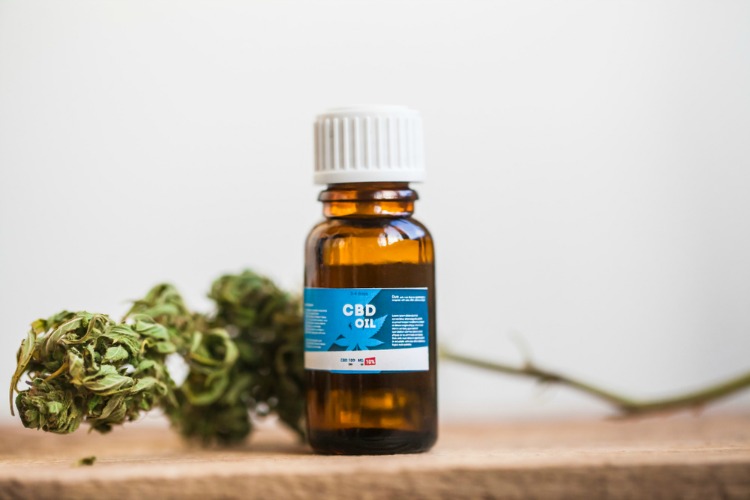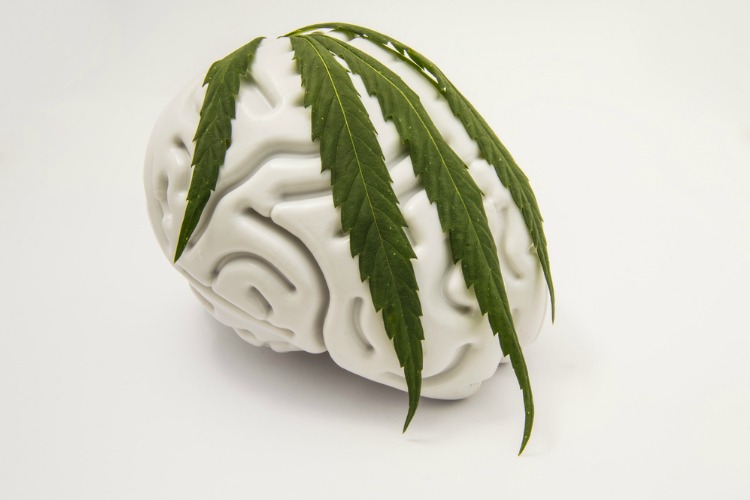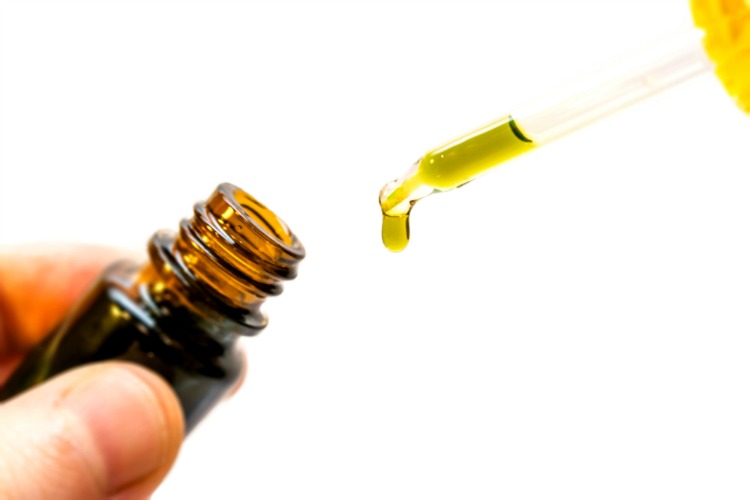We can all agree that one of the most popular reasons people use cannabis is because it makes them feel good. Even the phrase “getting high” refers to its ability to uplift our mental state. But can cannabis be used clinically to treat depression? In this article, we’ll break down the use of medical cannabis for depression and take a look at what the latest research has to say.
Cannabis for Depression
Depression affects more than 300 million people and is considered the biggest cause of disability around the world. Current treatments for depression are useful for many, but they can take weeks before a patient experiences relief. These drugs also come with a host of unwanted side effects, and weaning off of them can be a long and horrible experience. With that said, there is hope for effective alternatives.

Researchers are looking to medical cannabis to treat conditions like depression because of its ability to balance the endocannabinoid system. Endocannabinoids are naturally occurring brain chemicals that play a role in cognition, mood, emotions, and behavior.
The idea is that by introducing cannabis into the brain, balance is restored to the system. Some researchers think that chronic stress can suppress the production of endocannabinoids in the brain and lead to depression-like symptoms. This makes sense because stress and depression often go together.
While THC works to relieve depression for many people, there is currently a lot of clinical interest in CBD because of its potential for a large-spectrum of therapies. Researchers are especially interested in the effects of CBD on the brain because of its ability to treat neurological disorders like epilepsy. But can CBD treat depression?
CBD Acts Like an Antidepressant
One of the most recent studies done on the effects of cannabis for depression showed promising results using CBD. The study published in the journal Molecular Neurobiology found that CBD affected mice much like antidepressant drugs. The researchers used rodents who were bred to develop depressive symptoms and found that CBD increased their resilience in stress models of depression. Essentially, the CBD worked like an antidepressant for these animals.

What’s really exciting is that the effects developed very quickly, within an hour of being administered, and lasted for a week after a single dose. Traditional antidepressants like Selective Serotonin Reuptake Inhibitors (SSRIs) take weeks to start working and need to be taken every day.
How Does CBD Work for Depression?
The positive effects of CBD seen in this study are associated with a significant release of neurotrophin (BDNF) in parts of the brain responsible for depression. BDNF promotes neuroplasticity and the formation of new cells, which can cause an antidepressant effect.

Another rodent study done by the same team found that CBD’s antidepressant-like properties are associated with serotonin levels. This means that CBD might be able to enhance the effectiveness of traditional antidepressant drugs like SSRIs.
Is Cannabis for Depression Right for You?
While these findings are exciting, more research on human patients is needed before CBD or cannabis becomes an accepted treatment in mainstream medicine. Regardless of the research, many patients claim that cannabis works wonders to fight depression in their lives. Patients report it helps them handle day-to-day stress and allows them to see things in a more positive light. And there’s no question that people who use cannabis for recreation enjoy it for its mood-enhancing abilities.

If your doctor feels that cannabis may help manage your depression, Maryland law currently allows them to make that recommendation.
Ready to learn more about how cannabis can relieve feelings of depression? Schedule an appointment for help becoming a registered Maryland Medical Cannabis Patient.